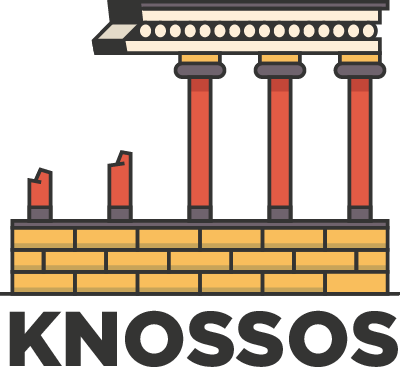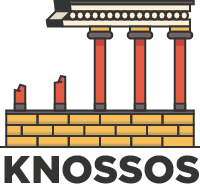Table of Contents
I. Introduction
The Santorini eruption, one of the most catastrophic volcanic events in human history, did not just devastate the Minoan Civilization but had far-reaching effects beyond the Aegean Sea. This article explores the eruption’s global impact, shedding light on its profound influence on neighboring civilizations, trade dynamics, and the world’s climate.
II. Effects on Neighboring Civilizations
The aftermath of the eruption was felt across the Aegean and the Eastern Mediterranean. Civilizations like the Mycenaeans in Greece and various city-states along the Anatolian coast experienced significant disruptions. Archaeological evidence points to changes in settlement patterns, trade relations, and even cultural practices as these societies grappled with the aftermath of the eruption.
III. Influence on Global Trade Networks
The Santorini eruption reshaped ancient global trade networks. As traditional trade routes in the Aegean were disrupted, new powers emerged, altering the balance of economic power in the Mediterranean. This period saw the rise of alternative trade centers and routes, marking a significant shift in the commercial landscape of the ancient world.
IV. Environmental and Climatic Consequences
The environmental fallout from the Santorini eruption was felt worldwide. The massive volume of ash and aerosols ejected into the atmosphere led to significant climate anomalies.
Historical and geological records point to a period of global cooling, evidenced by a decrease in average temperatures, which had profound effects on agricultural productivity and weather patterns. These climatic changes added another layer of challenge for civilizations already grappling with the socio-economic impacts of the eruption.
V. Mythological and Cultural Impact
The Santorini eruption transcended its immediate physical impacts, etching itself into the mythologies and cultural narratives of ancient societies. The event likely influenced several legendary tales, with some scholars proposing a link to the Atlantis story narrated by Plato.
The eruption’s dramatic nature and its vast effects provided fertile ground for myths and legends that captured the imagination of ancient peoples, shaping their cultural and historical perspectives.
VI. Conclusion
The Santorini eruption was not just a local or regional event but a global phenomenon that left an indelible mark on the course of human history. Its effects were felt across civilizations, trade networks, and even global climate, showcasing the interconnectedness of the ancient world.
The eruption stands as a poignant reminder of the power of natural forces in shaping human civilization and the resilience required to adapt to their impacts.


